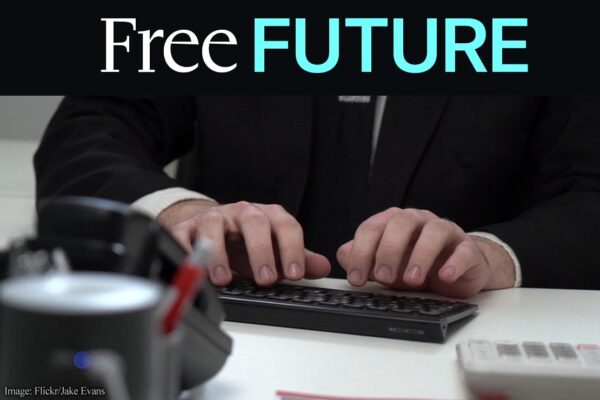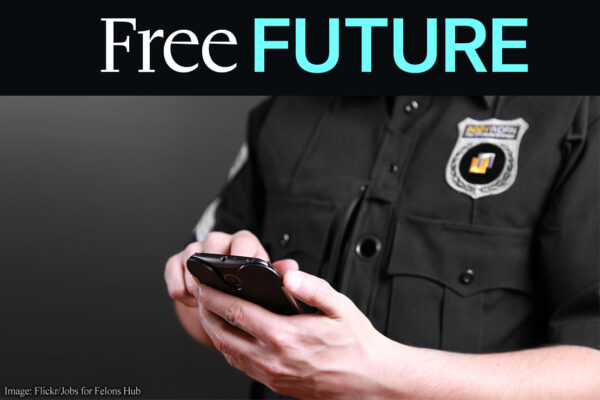Ruling in "Censorware" Copyright Controversy Leaves Clients, Consumers in the Dark, ACLU Says
FOR IMMEDIATE RELEASE
NEW YORK -- The settlement of a lawsuit between owners of the Internet blocking program Cyber Patrol and the authors of a code allowing users to "unlock" its key list of blocked Web sites leaves consumers and Web operators in the dark, the American Civil Liberties Union said today.
In an opinion issued late today, Judge Edward F. Harrington refused to say whether U.S. website operators who posted "mirror" copies of the program are subject to the settlement terms. He also appeared to suggest that mirror sites could test that question only by risking a contempt charge that could lead to fines and jail.
"We respectfully disagree with the court's opinion and we are weighing our legal options," said Chris Hansen, an ACLU senior staff attorney and lead counsel in the case.
Although the right of parents to use the software was never at issue, Judge Harrington said the case "raises a profound societal issue, namely, who is to control the educational and intellectual nourishment of young children - the parents or the purveyors of pornography and the merchants of death and violence."
But by allowing Mattel Inc., the owners of Cyber Patrol, to control the dissemination of the decoding program, the judges' ruling leaves parents in the dark about the products they are buying to protect their children, Hansen said.
"Today's development only reinforces our view that the less parents know about what Cyber Patrol blocks, the more they are being led astray by Mattel and the other manufacturers who consider their 'list of ingredients' top secret," he added.
The ACLU entered the case last Friday on behalf of three U.S. Web site operators who had posted "mirror" copies of the decoding program. In the wake of the court's ruling, the three Web site owners -- Waldo L. Jaquith, Lindsay Haisley and Bennett Haselton -- said they have not yet decided whether to remove their copies of the software decoding key.
The case was filed by the national ACLU along with its Massachusetts affiliate, law professor Jessica Litman of New York and the Electronic Privacy Information Center based in Washington, D.C.
The ACLU's opposition to motion for preliminary injunction in the case is online at http://archive.aclu.org/court/cyberpatrol_motion.html.
The motion to quash subpoenas is online at http://archive.aclu.org/court/cyberpatrol_quash.html.
The court's ruling is posted on EPIC's website at http://www.epic.org/free_speech/censorware/cp_injunction.html.



